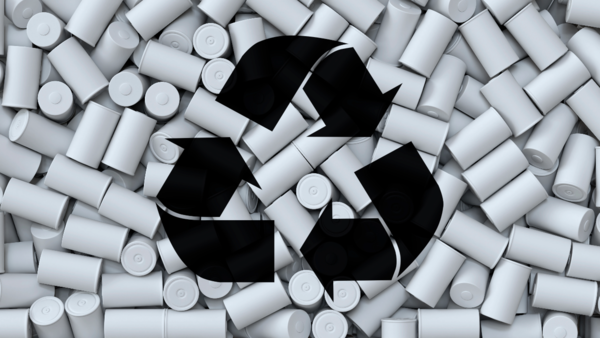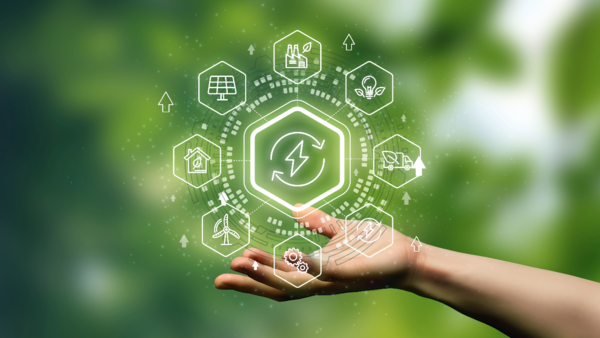
Representational image
Under the guidelines of the partnership, Lohum will recycle and repurpose an estimated 200,000 batteries in Nepal and extract re-usable EV battery material such as lithium, nickel and cobalt to the tune of 25,000 million tonnes. This will happen over a period of 5 years with an aim to make Nepal energy-abundant and self-sustaining. Nepal’s objective is to take a foundational step towards diversifying its sources of clean energy and move away from its dependence on Chinese materials. The move is also aligned with India’s commitment towards affordable and inclusive energy for all nations worldwide and the Sustainable Development Goals (SDGs).
Safety is among top three features buyers want: New Tata Nexon to drive segment growth | TOI Auto
The partnership with Lohum will further help Nepal’s EV ecosystem and its stakeholders to become compliant with the country’s Aarthik Vidheyak policy for management of end-of-life battery waste, introduced by the Government of Nepal in FY 2023. Moreover, the recycled materials will then recirculate in Nepal’s battery ecosystem indefinitely.

Representational image
In terms of Nepal and its EV ecosystem, major EV manufacturers such as Tata Motors, Citroen and MG are currently selling battery electric vehicles in the neighbouring country. The pool of BEVs in Nepal is projected to grow with incoming models from other major OEMS such as Volkswagen, Suzuki, Renault, and Mahindra Electric. Once, batteries from these cars enter the ecosystem then recycling and repurposing technologies like that of Lohumi, will further help Nepal become clean energy independent.

